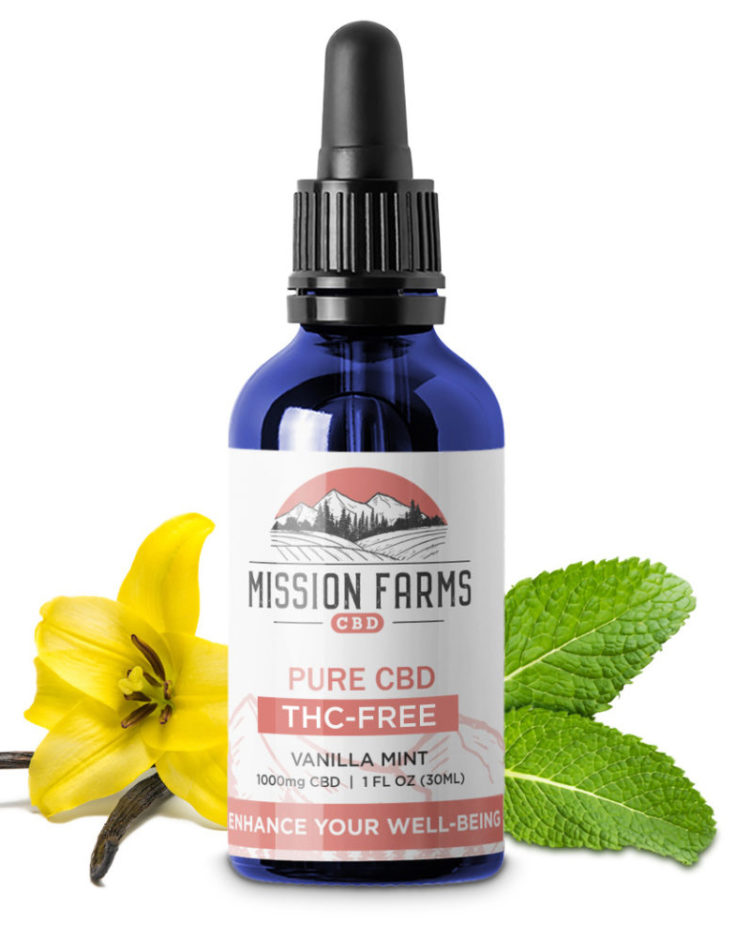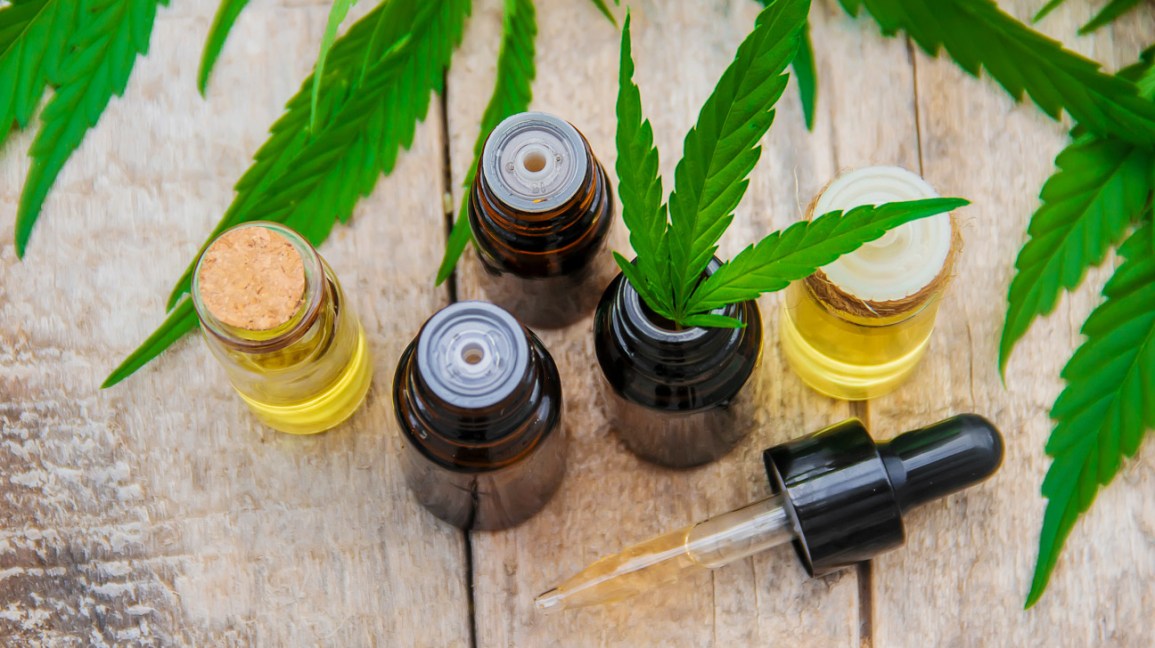
Inflammation is dangerous and can cause serious side effects. Many chronic diseases are associated with inflammation. Several drugs are currently being evaluated in clinical trials to stop the progression of chronic inflammation. Inflammation can also lead to symptoms, such as thicker mucus, irritation of the throat, and black urine specks.
Sugars processed
Chronic inflammation can cause many problems including diabetes, depression, and even dementia, which is particularly dangerous for older adults. Research has shown that sugars, saturated fats, and trans fats all increase the risk of chronic inflammation, especially in the body. These factors can also impact the metabolism and other body processes.

Refined carbohydrate
Refined carbohydrates are a major cause for inflammation. They are found in processed foods, candy, bread, pastries, cereals, and sugary beverages. They can also be a contributing factor to some chronic diseases like obesity, inflammatorybowel disease, and arthritis. In addition to causing inflammation, these foods also contribute to a high blood sugar level and inflammatory markers in the body.
Dairy products
Dairy products have been controversial because they can cause inflammation. Some dairy products are thought to promote inflammation. Other researchers think they are antiinflammatory. Although it can be beneficial for small amounts of inflammation, it can also lead to tissue and organ damage. Untreated injuries, lifestyle choices, and untreated inflammation can all contribute to inflammation. In some cases dairy products can even cause inflammation. Dairy products include cheese, yogurt, ice cream and kefir. They are made from the milk produced by mammals.
Eggs
Eggs can alter a person's inflammatory or anti-inflammatory response. The effects of eating eggs may vary from person to person. This is because an individual's inflammatory response depends on several factors such as weight and if they have a medical condition. It is important to be aware of your body's reaction to eggs.

Red meat
Chronic inflammation has been linked a number of major diseases including cancer, heart disease and type 2 Diabetes. There are many ways to reduce inflammation. It's possible to add more vegetables and fruits to your diet. Many studies have shown these foods to be anti-inflammatory.
FAQ
What are the best uses for CBD?
CBD is best used as an alternative treatment to anxiety. It can be used to treat pain, insomnia and epilepsy as well as inflammation, depression, and many other conditions.
CBD can be taken in many forms. CBD can be consumed in many ways.
There are many benefits to consuming CBD. It has been shown to help people suffering from chronic pain, PTSD, anxiety, and more.
Are CBD companies a good idea?
The answer depends on the question you are asking. They are great investments if you are looking to make money. However, if you are just looking to help others, I would say no. There are many other options available without spending $20k.
How can CBD products be promoted in a legal manner by CBD companies?
The FDA does not regulate hemp as an agricultural commodity. The FDA regulates cannabis derivatives (e.g. marijuana) under the Controlled Substances Act. CBD is not covered by any regulations.
CBD is legal in 29 states. Federal law, however, still considers it illegal. This creates uncertainty for businesses looking to sell CBD products.
The FDA has specific guidelines on how CBD products must be marketed. For example, they must clearly disclose any product's THC content. Without scientific evidence supporting this claim, CBD cannot be used to treat certain medical conditions.
Further, the FDA requires that manufacturers provide information on manufacturing practices and quality controls. To demonstrate safety and efficacy, the FDA requires companies to perform clinical trials.
These factors should be considered by companies when they develop their marketing strategies.
Can I use CBD during pregnancy?
It is not clear if CBD is safe for use during pregnancy.
But based on the limited amount of information available, it appears unlikely that CBD would cause harm to the baby.
Pregnant women should not take CBD unless their doctor has recommended it.
The Food and Drug Administration has issued a warning regarding potential risks of CBD use during pregnancy.
FDA claims that "there are some evidences that cannabis consumption during pregnancy may increase the likelihood of miscarriage."
According to the agency further research is required before any firm conclusions can be reached.
Is the CBD industry saturated?
CBD is growing at a rate of more than 25% per year. This growth rate is expected to continue at least for five more years. The industry is forecast to grow from $2 Billion to $5 Billion by 2020.
Two companies dominate the CBD market: GW Pharmaceuticals (Canndoc Ltd) and Canndoc Ltd. Both are focused on developing pharmaceutical-grade products. They have not been very effective so far. Both of them are having difficulty gaining traction in today's marketplace.
Cannabidiol (CBD) is an extract of cannabis that contains less than 0.3% THC. It does not have any psychoactive properties. It is used to treat epilepsy and other conditions. It can also be used as a dietary supplement.
There are many types of CBD products. Some CBD products are made from whole plant extracts while others contain CBD.
These products all have one thing in common: they contain low amounts of THC.
This makes them legal under US federal law. You still need to comply with local laws when you sell CBD products. You should always check with your state's regulations regarding the sales of CBD products.
There are also several states that CBD products are prohibited. These include California and Colorado, Florida, Mississippi. Missouri, New York. North Carolina. Ohio. Oklahoma. Oregon. Rhode Island. South Dakota. Texas. Utah. Virginia. Washington.
You will want to stay clear of CBD products if you are from one of these states.
Statistics
- The inhibition of FAAH is predicted to lead to an increase in brain and plasma concentrations of AEA, which acts as a partial agonist at CB1R and CB2R, thereby increasing endocannabinoid tone [92, 110]. (ncbi.nlm.nih.gov)
- OralWhere HED is the human equivalent dose, and Km is a correction factor estimated by dividing the average body mass (BM) of the species (60, 0.020, and 0.150 kg for 11 humans, mice, and rats, respectively) and by its surface area (see: Nair et al. (ncbi.nlm.nih.gov)
- The use of these products is likely to become even more widespread if the World Health Organization's recommendation that CBD no longer is scheduled in the international drug control conventions is adopted by the United Nations member states [201]. (ncbi.nlm.nih.gov)
- CBD seems unlikely to directly influence sleep in healthy humans [115] (and maybe “sleep-promoting” in those with certain comorbid conditions) (ncbi.nlm.nih.gov)
- A recent systematic review of human trials also reported that individuals with epilepsy receiving CBD (5–20 mg·kg−1·day−1) were more likely to experience decreased appetite than those receiving placebo (i.e., ~20 vs. 5% of patients) (ncbi.nlm.nih.gov)
External Links
How To
What are the most common problems in the CBD industry?
The market for CBD products continues to grow at an amazing rate. There are many hurdles businesses face when trying to enter the CBD market. These include lack of consumer awareness and high costs of entry, limited capital access, and regulatory uncertainty.
Many consumers don't understand what CBD is and how it works. This means that they cannot make informed decisions about whether or not to buy CBD products.
Most CBD companies rely heavily upon word-of mouth marketing. This is costly because they have to pay for advertising and hire staff to promote their brand.
Another issue for new entrants is the high cost production. CBD products require a lot of raw materials. CBD oil can only then be produced if the hemp has been grown in a specific environment.
It takes approximately $1,000 per acre to grow enough hemp to process into CBD oil. This means that many small farmers cannot afford the cost of starting.
The lack of capital access is another obstacle new entrants to the CBD market face. Many people who want to start a business are discouraged by banks due to the stigma associated with the industry.
Finally, there is regulatory uncertainty surrounding the sale of CBD products. There are no guidelines for how CBD products should market.
Although some states have passed legislation restricting CBD product sales, this has not become a national policy.
Only Nevada and Maine have so far legalized recreational marijuana.
Massachusetts and Michigan, however, are exploring similar options.
These changes could increase competition among CBD manufacturers.
As a result of these factors, many entrepreneurs choose to work from home rather than start a physical business.